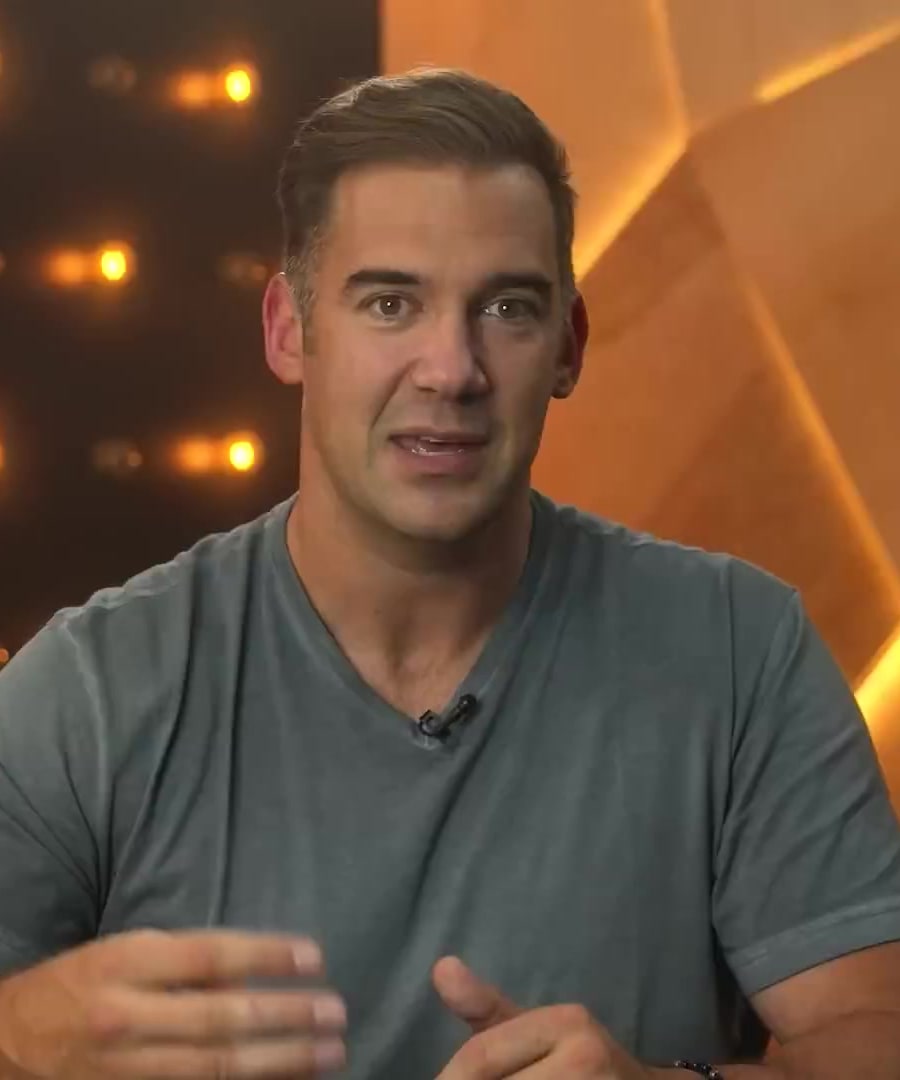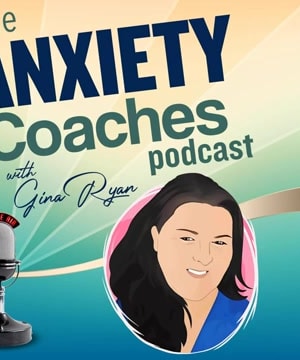Overcoming anxiety and misery
Sources:
Here are insights from trusted experts on overcoming anxiety and misery:
-
Jules Evans emphasizes techniques like "shame attacking" to combat social anxiety, focusing on the present moment, and visualizing the vastness of history or the universe to put personal struggles into perspective. Such practices can help develop resilience against misfortune and distress 1.
-
Ryan Holiday highlights the importance of recognizing and breaking the cycle of anxious behavior. He points out the need to build routines, seek therapy, and manage expectations to avoid falling into a pattern where stress is self-generated and only briefly relieved 2.
-
Emma Chamberlain advises taking a step back to see the bigger picture and reminding oneself that most worries never come to pass. Repeating affirmations and writing them down can help reframe thoughts and instill a sense of resilience against anxiety 3.
-
Eckhart Tolle encourages becoming conscious of the mind's tendency to create stories that lead to psychological suffering. Realizing that life inherently contains challenges and working on shifting perspective can aid in reducing stress and finding inner peace 4.
-
Preethaji Krishna discusses how anxiety often stems from habitual projections of a painful future. Meditation, wisdom lessons, and transcendental experiences can help individuals expand their consciousness and break free from the confines of anxiety 5.
-
Lewis Howes provides actionable steps like rechecking emotions, seeking help, and maintaining "rainy day notes" to recall past successes. These practices can remind individuals that anxiety is temporary and manageable 6.
-
Ian Bogost talks about overcoming choice paralysis and the misconception that freedom means escape from daily nuisances. Finding joy and contentment in everyday tasks rather than seeking idealized pleasures can reduce anxiety and increase happiness 7.
-
Gina Ryan suggests viewing feelings of despair and anxiety as temporary and specific to particular problems. Writing down thoughts and reframing them can help individuals recognize these emotions as manageable bumps in the road 8.
These insights can guide individuals in developing strategies for coping with anxiety and misery, promoting a healthier mental state through mindfulness, routine, and perspective shifts.
RELATED QUESTIONS-



